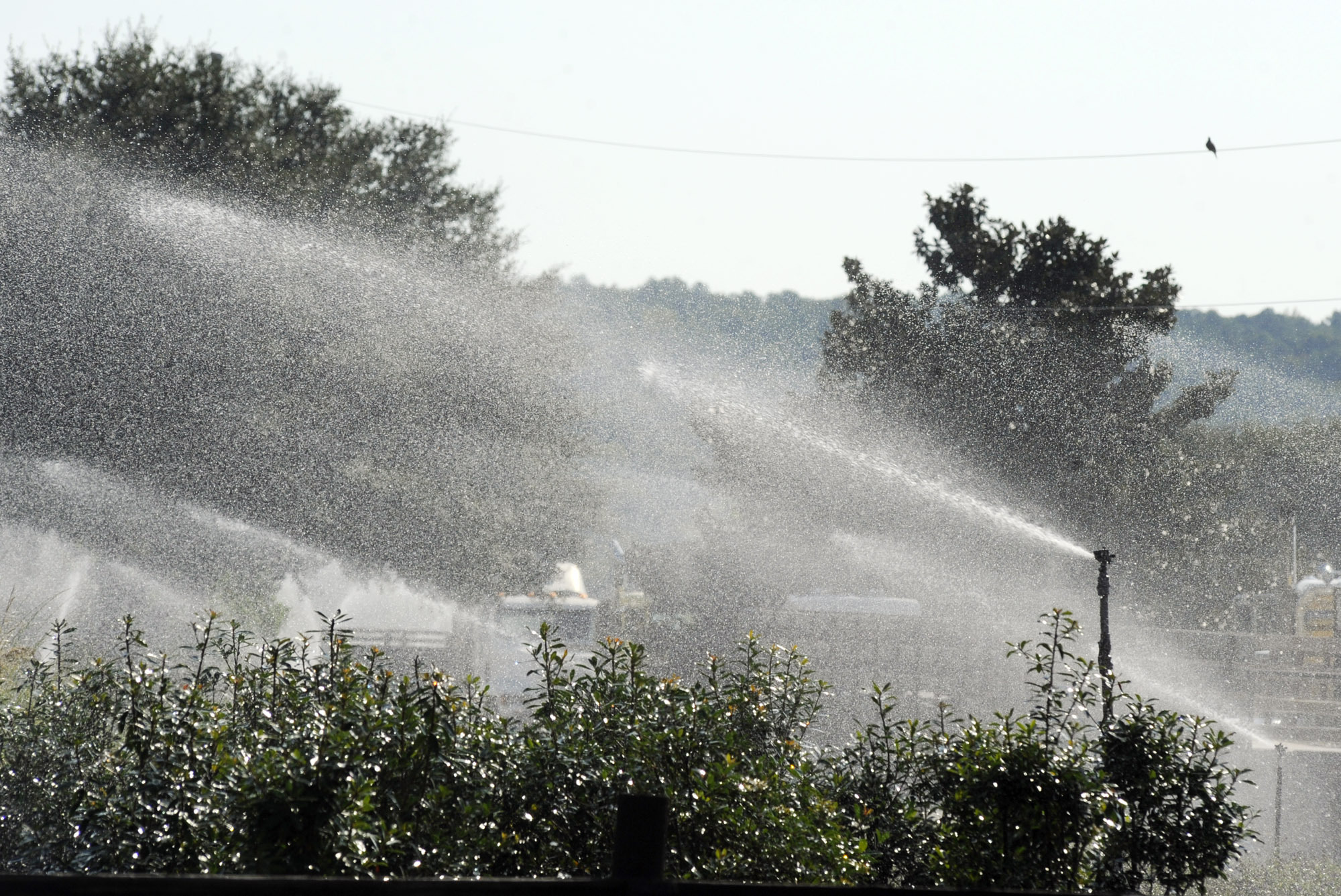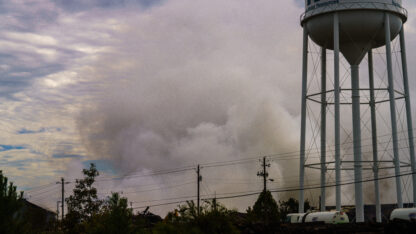An intense, quickly-developing drought has spread across Southeastern states, including most of Georgia. The dry conditions in the state are already affecting agriculture; it’s been bad news for peanut farmers and for people who raise livestock.
The lack of rain and high temperatures have been noticeable in metro Atlanta, too, where there were 20 consecutive days without measurable rainfall in September.
“Rain kept up pretty decently up through June or maybe into mid-summer, and then rain stopped pretty dramatically for the latter half of the summer,” said Ben Emanuel, director of clean water supply at the Atlanta office of the advocacy group American Rivers. “And along with that we’ve seen these very hot temperatures exacerbating the effects of the lack of rainfall throughout the state.”
It was the second warmest September on record in Atlanta, with 16 days above 95 degrees. Ten days in Atlanta broke highest maximum temperature records. Macon had its driest September on record.
Last week, the city of Griffin got permission from the state of Georgia to declare a level 1 drought, since it relies on a smaller reservoir. That means it’s letting the public know about the dry conditions, and its decision could also affect other water systems that buy water from Griffin, including Spalding, Coweta and Butts Counties.









